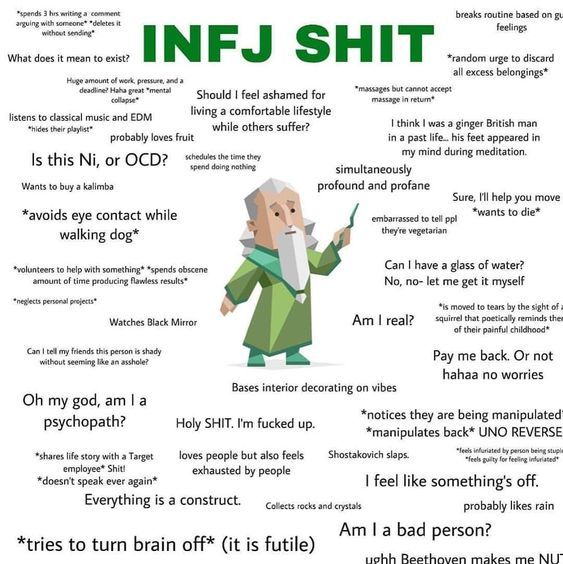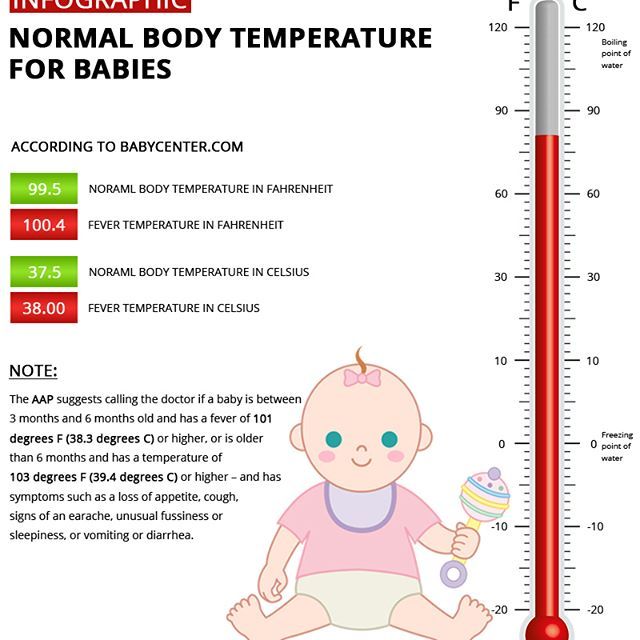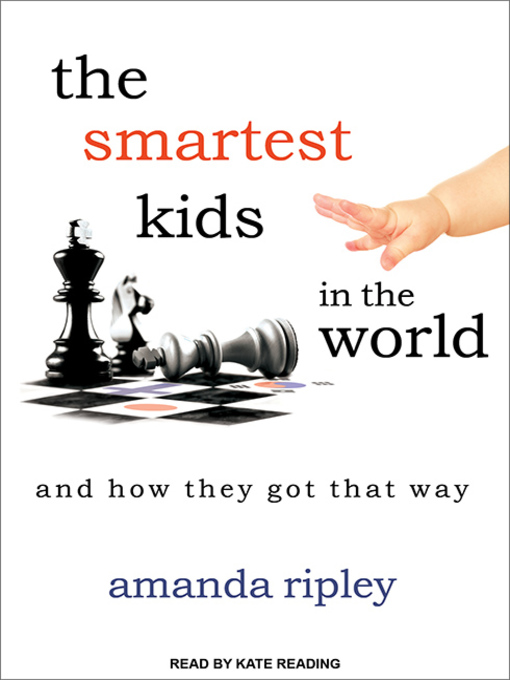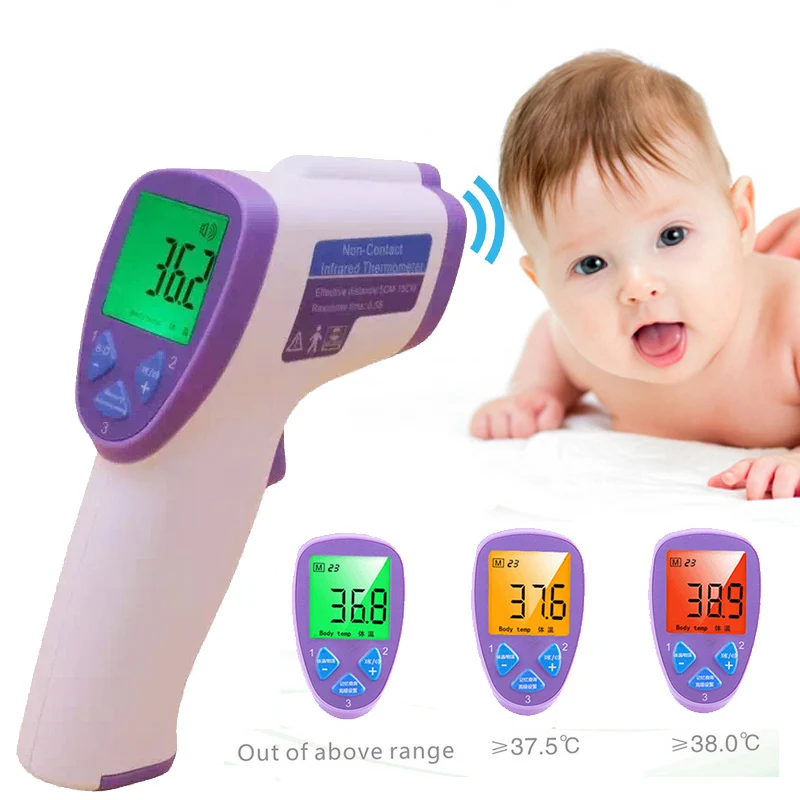How old to foster a child
What Are The Requirements To Be A Foster Parent?
August 09, 2017
Perhaps you are thinking about becoming a foster parent but you are not sure if you could do it or not. Maybe you don’t think you are qualified or eligible for whatever reasons. Before you dismiss the idea, it’s worth reading further to see just what the requirements to be a foster parent really are. You might be surprised to find out that you are eligible after all. The requirements are not all that restrictive per se, however, there are a lot of rules and policies to follow once you are licensed as a foster parent.
There are often misconceptions about who can become a foster parent. Some people assume that you have to be a 30 something year old, married, wealthy couple who own a large home and fancy car to care for foster children. Reality is that foster parents are made up of people from all different walks of life. There are many different people from different families, backgrounds, careers, gender, race, marital status, and life situations that choose to be foster parents. The laws vary somewhat from state to state, but here is a list of general guidelines to help you determine if you might meet the eligibility requirements or not. You will also want to verify with your local county or agency before you proceed as some agencies may have additional standards. You can also view state specific criteria here.
1.
AgeMost states have a minimum age requirement to be considered as a foster parent. In most states, an applicant must be at least 21 years old, however, in some states the minimum age requirement is only 18 years old. Of course, you should also consider your own level of maturity, personal situation, and readiness to foster before you apply. Even though your state may allow you to foster children at the age of 18, you may find it challenging trying to parent a foster child who is only a few years younger than yourself.
2. Criminal Background CheckAll states require you to pass a criminal background check before caring for foster children for obvious reasons. They want to ensure that children will be placed in safe and stable home environments, with someone who can meet their needs. Each state has different standards for what they consider passing. Minor infractions may not automatically disqualify someone from being licensed, especially if it occurred more than five or 10 years ago for example. However, there will be certain crimes, especially crimes against children or involving violence that will permanently prevent someone from ever becoming a foster parent. Bottom line: if your background check is clean there is nothing to worry about. If there is something minor on your record and it was a long time ago, you can check with your local state laws to see if it will prevent you from becoming a foster parent or not.
They want to ensure that children will be placed in safe and stable home environments, with someone who can meet their needs. Each state has different standards for what they consider passing. Minor infractions may not automatically disqualify someone from being licensed, especially if it occurred more than five or 10 years ago for example. However, there will be certain crimes, especially crimes against children or involving violence that will permanently prevent someone from ever becoming a foster parent. Bottom line: if your background check is clean there is nothing to worry about. If there is something minor on your record and it was a long time ago, you can check with your local state laws to see if it will prevent you from becoming a foster parent or not.
Many people think they could never be a foster parent because they don’t make enough money. Truth is, there is no specific income requirement to be a foster parent. Most states just require that applicants provide proof of adequate monthly income to meet their family’s needs. They basically want to ensure that you can pay your mortgage or rent, utilities, and provide basic needs such as food and clothes for the children. You may need to provide copies of tax returns, pay stubs, and utility bills as proof of adequate income.
They basically want to ensure that you can pay your mortgage or rent, utilities, and provide basic needs such as food and clothes for the children. You may need to provide copies of tax returns, pay stubs, and utility bills as proof of adequate income.
There is no requirement for you to live in a mansion or certain size home or even to own your own home at all. Foster parents can rent homes or apartments and that is perfectly acceptable. Whatever your place of residency may be, you will just want to make sure that it meets the safety standards and that there is room for the number of children you wish to be licensed for. Each state will have specific rules regarding how many kids can share a room and if children of different genders and ages can share rooms. You will need to prove that you have adequate space for each child that meets these guidelines. Your housing will also need to meet the safety standards such as adequate supply of safe drinking water, electricity, smoke detectors, etc.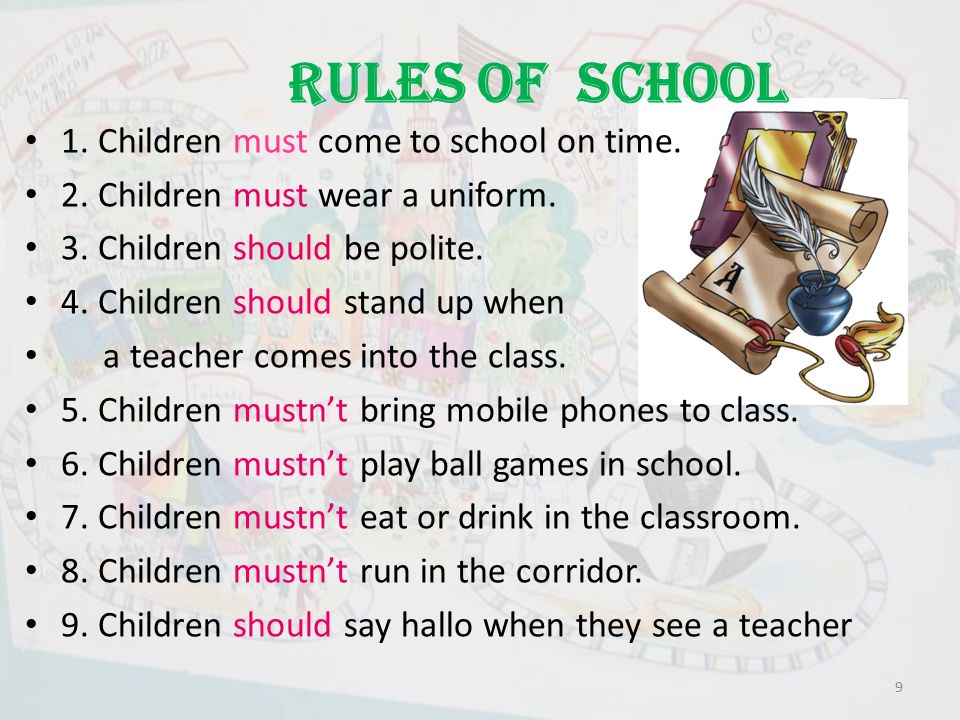 Your home does not need to be new or immaculate. In most cases, pets are acceptable as well. People may worry they won’t be approved because of their animals, but if they are friendly and up to date on their vaccinations, pets should not be a hindrance either.
Your home does not need to be new or immaculate. In most cases, pets are acceptable as well. People may worry they won’t be approved because of their animals, but if they are friendly and up to date on their vaccinations, pets should not be a hindrance either.
Some people don’t think they could be a foster parent because they are diabetic, have high blood pressure, or some other medical diagnosis. There are no specific diseases that will automatically prevent someone from being a foster parent. Most states just require applicants to be healthy enough to meet the needs of the children. If your medical conditions are managed well with treatment and you are stable enough to care for children daily than your health should not be an issue. You may be asked to provide a letter or statement from your physician indicating that you are in good health or that you are fit to care for children. Particularly they are concerned about mental health diagnoses and making sure those conditions are managed and stable before being licensed as a foster parent.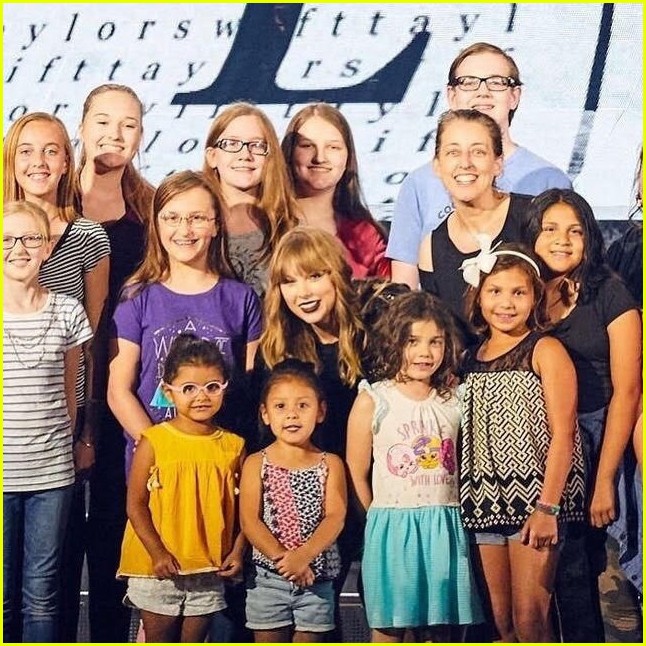
Owning a car and having a valid driver’s license is beneficial, but not always required to be a foster parent. Obviously if you are planning to drive, your license must be valid and you must have automobile insurance. Check with your specific state and agency regarding what they require for transportation. In some areas, you may only need to provide proof of reliable transportation which could be access to the bus, subway, train, taxi, relative, neighbor, etc. Having your own vehicle is preferred though since there are many places to transport the children such as doctors’ appointments, therapy appointments, visits, school, etc.
7. Marital StatusI’ve heard people say, “I’m single, I can’t be a foster parent,” but in fact a person can be single and still be a foster parent. There are many single foster parents and the ones I know personally do an excellent job caring for their children. You do not need to be married or to be a couple to be a foster parent. A few states may require couples applying together to be married but not in all states.
A few states may require couples applying together to be married but not in all states.
You do not necessarily have to be a US citizen to be a foster parent. This is one question I had and was pleasantly surprised about the answer since I was Canadian and concerned I would not be approved. Even though you may not have to be a citizen, applicants will need to at least be a legal resident and in some cases, may need to have been a resident of that state for a specific number of years before applying. A few states also have requirements of being able to read, write, and speak English. Basically, it is important for foster parents to be able to communicate with the children they will be caring for.
9. Experience/TrainingYou do not need to have previous parenting experience, although I’m sure it would help. Regardless of how much parenting experience you have, everyone must take the required foster parent training classes. These classes and the number of hours required will vary from state to state. These classes should be offered by your local county or foster care agency.
These classes and the number of hours required will vary from state to state. These classes should be offered by your local county or foster care agency.
Before anyone can be licensed as a foster parent, they must have an approved home study. Your home study will be completed by the county or agency that you will be fostering through. The assessor will come to your home for one or more visits to talk with you and your family. During that time, they will also look at your home to ensure that all the safety standards are met and that there is a place for the children to sleep etc. They will most likely ask many personal questions about your family so they can get to know you better and determine what kind of foster parents you would be. If you are open and honest with them you should not have any problems. Chances are if you meet all the previously listed requirements to become a foster parent, you should have little to no difficulty passing the home study.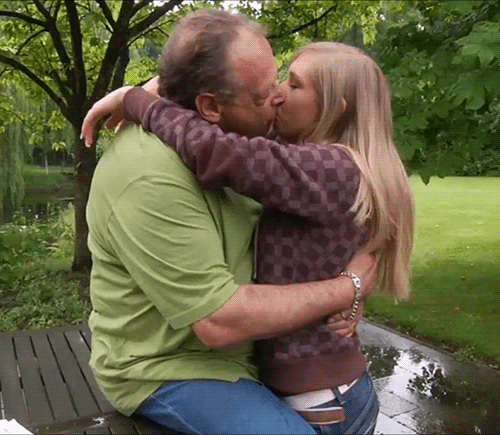
Hopefully now you have a better understanding of what the requirements are to become licensed as a foster parent and whether you qualify or not. Because laws and information are constantly changing and vary from state to state, always make sure you verify everything with your state and county or agency.
You may also want to read: How To Be A Foster Parent & Adopt From Foster Care
Sherri Eppley is a wife and mother to two amazing children. As a foster and adoptive parent, she strives to raise awareness of all issues related to foster care and adoption. Her passions include her family, church, MOPS, and helping people in any ways she can.
Adoption Articles More Blogs
More Blogs
Get email alerts when we add new adoption articles.
Who Can Foster and/or Adopt
In North Carolina a single person or married couple can be an adoptive family.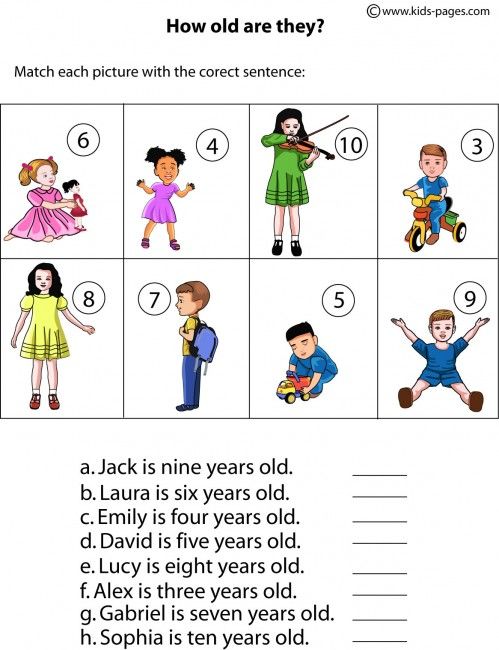 You must be 18-years-old to adopt and 21-years-old to foster. You do not have to own a home or have a certain amount of income to be a foster or adoptive parent. You should consider what it will mean to have a child join your family and how this will affect your family's life and the child’s life. With a full commitment and realistic expectations, foster or adoptive parents must be ready to give a child or children opportunities to develop to their full potential physically, academically, socially and emotionally.
You must be 18-years-old to adopt and 21-years-old to foster. You do not have to own a home or have a certain amount of income to be a foster or adoptive parent. You should consider what it will mean to have a child join your family and how this will affect your family's life and the child’s life. With a full commitment and realistic expectations, foster or adoptive parents must be ready to give a child or children opportunities to develop to their full potential physically, academically, socially and emotionally.
| Myth | Reality |
| You have to be a saint to be a foster or adoptive parent. | You don’t have to be perfect to be a perfect parent. |
| You have to own a home to be a foster or adoptive parent. | You can own or rent a home, trailer or apartment. |
You have to be married to be a foster or adoptive parent. | You can be single, partnered, married, divorced or widowed. |
| It is expensive to foster or adopt a child with special needs. | The cost of foster care and adoption from the child welfare system is minimal. |
Qualities and Characteristics Agencies look for in a Foster or Adoptive Family
Each child is different. Some children need to be with a single parent, some need a two-parent family; some need other children in their family while some need to be the only child in their home. Many different types of families are needed to parent these special children. All children need stability and a family they can count on through good times and challenging times. Children need to stay in touch with people they love such as former foster parents, birth parents, siblings and teachers. It is extremely important that foster and adoptive families consider their openness to maintaining these important connections for children involved in the foster care system. It is important to remember that the process is child-driven and that the child’s agency is seeking the best possible family to meet that individual child’s specific needs. However, they are not looking for perfection. Keep in mind “you don’t have to be perfect to be a perfect parent!”
It is important to remember that the process is child-driven and that the child’s agency is seeking the best possible family to meet that individual child’s specific needs. However, they are not looking for perfection. Keep in mind “you don’t have to be perfect to be a perfect parent!”
Am I Ready to Foster or Adopt?
If you’re considering fostering or adopting a child stop for a moment and ask yourself these important questions:
- Do I have time to care for a child and provide physical, emotional, educational and spiritual needs?
- Do I have support from my family, community, church and friends who will be there for me through challenging times?
- Am I willing to advocate for my child? The child I foster or adopt will have special needs and possible unforeseen educational or mental health challenges.
- Am I ready to commit to a child short or long term, even if times get tough? I know a child deserves stability and continuity and will be counting on me.
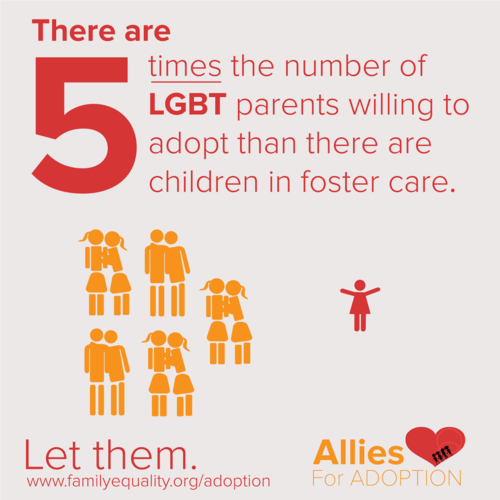
- Am I able to support and encourage continued contact with important people in a child’s life including the birth family?
If you want to discuss your ability to foster and or adopt please call our hotline at 888-625-4375 or email us at [email protected].
Are we too old for adoptive parents?
Are we too old for adoptive parents? - Internet project "Adopt.ru" For 17 years, our site usynovite.ru has been helping children find a new home, 90,002 parents, faith in the future, and guardians and adoptive parents - parental happiness and new family members.During the operation of the site, the number of profiles in the database of orphans decreased by more than 100,000.0006 2017
Are we not old for adoptive parents?
My husband and I want to adopt one or two boys, but we have questions.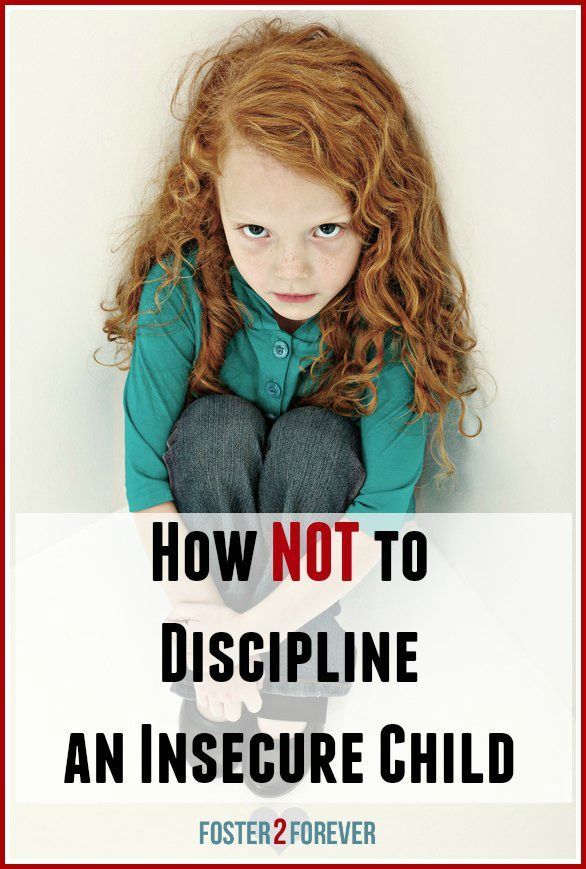 I am 50 years old, my husband is 48. Are we subject to age restrictions? And can we adopt children 7-8 years old? The fact is that our children have grown up, they live separately, but we are raising one of the grandchildren - just 8 years old, so the guys would be the same age. And where should we go? L.B., Remontnoye village
I am 50 years old, my husband is 48. Are we subject to age restrictions? And can we adopt children 7-8 years old? The fact is that our children have grown up, they live separately, but we are raising one of the grandchildren - just 8 years old, so the guys would be the same age. And where should we go? L.B., Remontnoye village
Answered by Luiza FENEVA, Leading Child Rights Protection Specialist at the Ministry of Education RO:
— There is no legal age limit for adoptive parents. There is only one restriction: the age difference between the adopter and the adopted child must be at least 16 years. For example, an 18-year-old citizen is not entitled to adopt a child older than two years. Although, when very elderly people express a desire to take a child, we try to explain to them that they must have enough strength, health and means to put this child on its feet ...
However, to the case in question (people 50 years adopt an 8-year-old boy), this warning does not apply.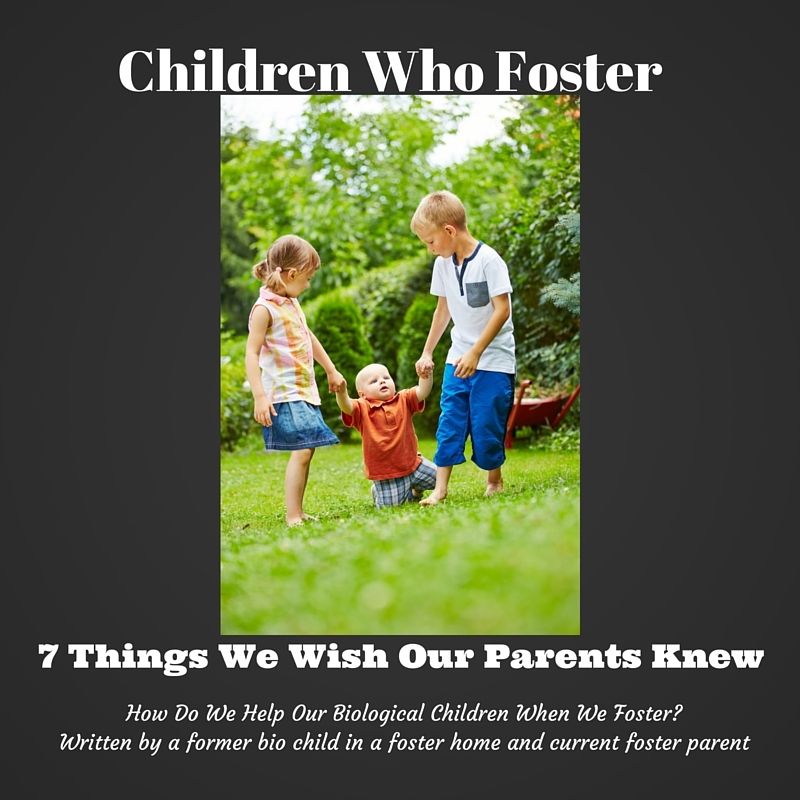 Again, it is not forbidden to take a child of the desired age into the family. And you need to contact the education department at the place of residence - they will help prepare the necessary documents and contact children's institutions.
Again, it is not forbidden to take a child of the desired age into the family. And you need to contact the education department at the place of residence - they will help prepare the necessary documents and contact children's institutions.
For more information on adoption issues, you can consult with Luiza Nikolaevna Feneva by phone in Rostov: (8-863) 240-46-56.
Source: AiF on Don, February 21, 2007
FOR INFORMATION
- Family placement forms for children
- how to start adoption
- guardianship
- foster family
- foster care
- guardianship and guardianship authorities of the Rostov region, drawing up a conclusion on the right to be a candidate for adoptive parents, guardians / trustees, foster parents.
Full media review per day
DOC, 245 KB
News of the Ministry of Education of the Russian Federation
02/08/2019.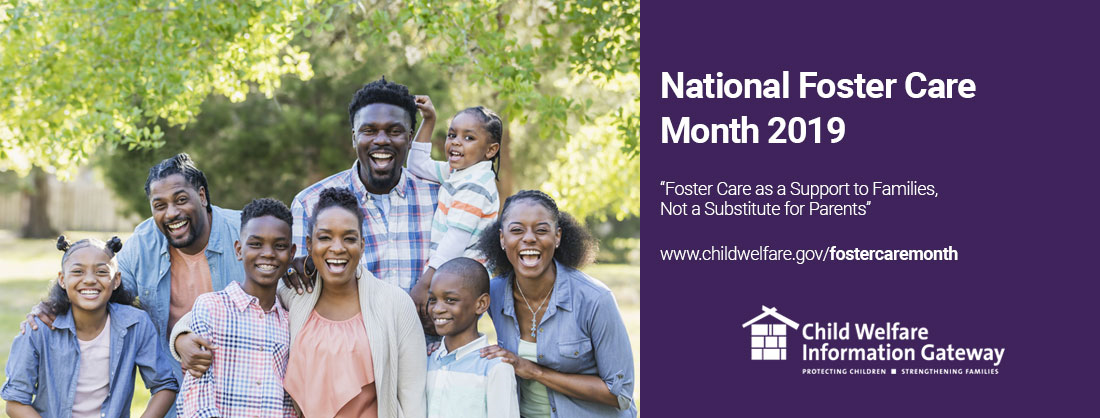 The Ministry of Education will introduce a draft law on a change in the procedure for the adoption of minors to the Government .
The Ministry of Education will introduce a draft law on a change in the procedure for the adoption of minors to the Government .
On February 8, the Civic Chamber of the Russian Federation held hearings on the draft law “On Amendments to Certain Legislative Acts of the Russian Federation on the Protection of Children's Rights”. The event was attended by Deputy Minister of Education of the Russian Federation T. Yu. Sinyugina.
In the course of her speech, T.Yu. Sinyugina said that the department was ready to submit a draft law on changing the procedure for the adoption of minors to the Government.
– Over the course of six months, we met several times. And the reason for our meetings was an interested and indifferent conversation and work on the bill, which today is already ready for us to submit it to the Government, - said T. Yu. Sinyugina.
For reference
In December 2018, members of the Interdepartmental Working Group under the Ministry of Education of Russia prepared a draft law “On Amendments to Certain Legislative Acts of the Russian Federation on the Protection of Children’s Rights”. The bill was posted on the federal portal of draft regulations for wide public discussion.
The bill was posted on the federal portal of draft regulations for wide public discussion.
The draft law contains new approaches to the transfer of orphans to families, which will allow developing the institution of guardianship, improve the conditions for training people who want to take an orphan child into their family.
For the first time, the draft law proposes to introduce the concept of "escort" into the federal legislation. It is planned that this authority will be vested in authorized regional authorities and organizations, including NGOs.
Special attention in the document is paid specifically to the adoption procedure, there is added a provision on the procedure for the restoration of adoptive parents in the duties of parents, if they were previously deprived of such an opportunity.
News
All newsSubscribe to news
November 27, 2022
Watch our new webinars on 28 and 29!
November 23, 2022
Foster children will be enrolled in schools with brothers and sisters on a priority basis
November 22, 2022
Additional education program “How to negotiate with a child.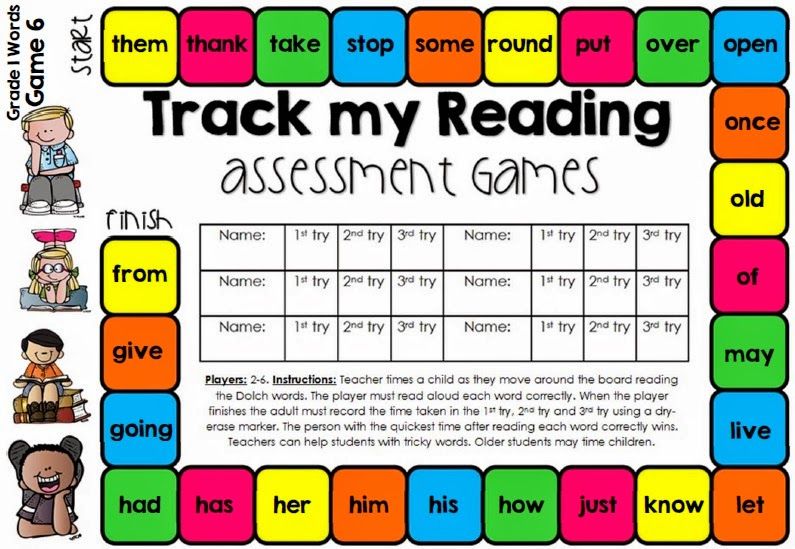 Media technologies for foster parents”
Media technologies for foster parents”
November 21, 2022
Personality cognition through the path of a computer game character: RosPodros portal launches live broadcasts for teenagers in the spaces of cult computer games
allowable age difference between adopter and adopted child
The law specifies the age of adoption. Sometimes older couples come to the guardianship authorities to take a minor into the family. This is usually due to the lack of need to care for their children, as they have become adults.
But it is also not uncommon for young couples to visit the appropriate department to apply for adoption. It is necessary to understand when exactly it is possible to take a child into the family and how this process takes place.
Legislation
The rights of children left without parental care are protected by the state. The entire procedure for adopting a child is regulated by the Family Code of the Russian Federation.
Chapter 19 of the Family Code contains articles relating to the adoption of children.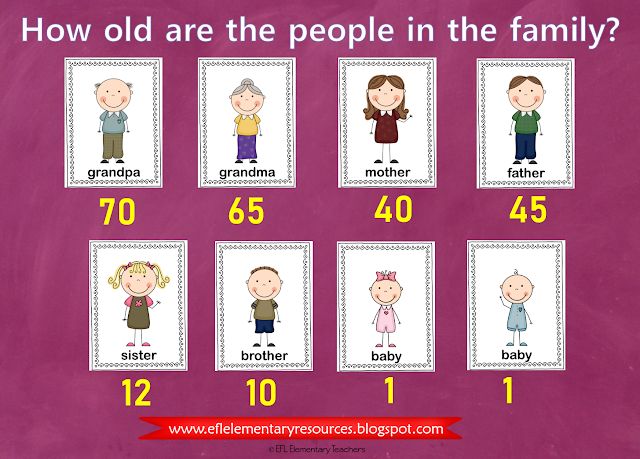 The law defines the procedure for adoption, requirements for candidates for parents, the conditions for the process, and other important information.
The law defines the procedure for adoption, requirements for candidates for parents, the conditions for the process, and other important information.
Requirements for adoptive parents
Requirements for adoptive parents are regulated by art. 127 of the RF IC, as well as by Government Decree No. 275. They can be adults of legal capacity of both sexes.
Marriage must be officially registered in the registry office (part 2 of article 1 of the RF IC). However, a wedding according to a religious ceremony in the occupied territories of the former USSR during the Great Patriotic War is also equated with the official one.
Both citizens of the Russian Federation and foreigners have the right to adopt. However, in the second case, the transfer of a child to a foreign family is possible if his data has been in the bank for at least a year. In addition, the adoptive parent is subject to separate requirements in terms of housing conditions, profitability, physical and mental health.
How to adopt a child
Citizens who decide to become adoptive parents face many questions and difficulties. The adoption procedure consists of a number of stages, the duration of which can be significantly delayed.
Finding a child
The very first question that all adoptive parents face is where to adopt a child.
It all starts with a visit to a specialist from the guardianship authority. Potential parents should apply to a state organization and express a desire to take the child into care. When the parents' candidacies are approved, they are given the opportunity to familiarize themselves with the All-Russian data bank of children.





